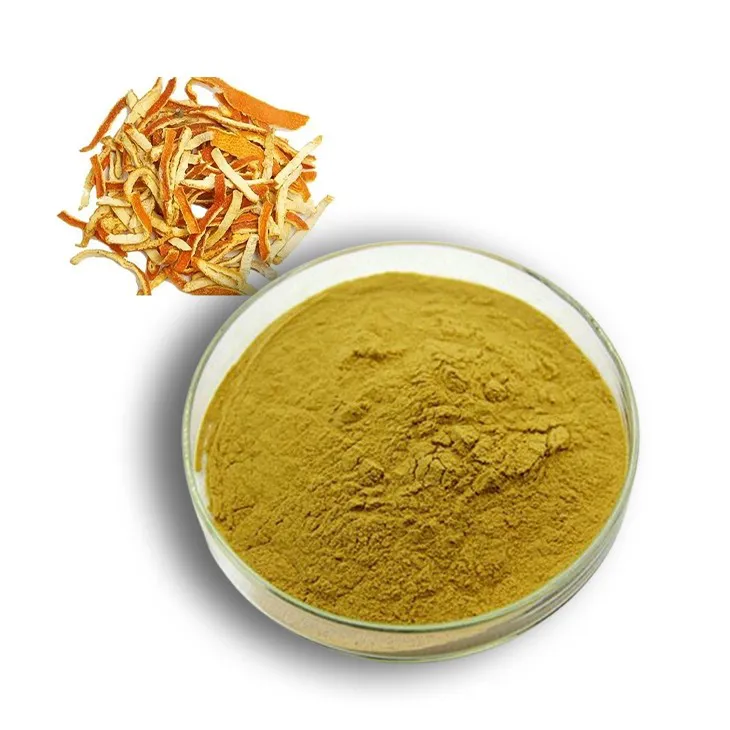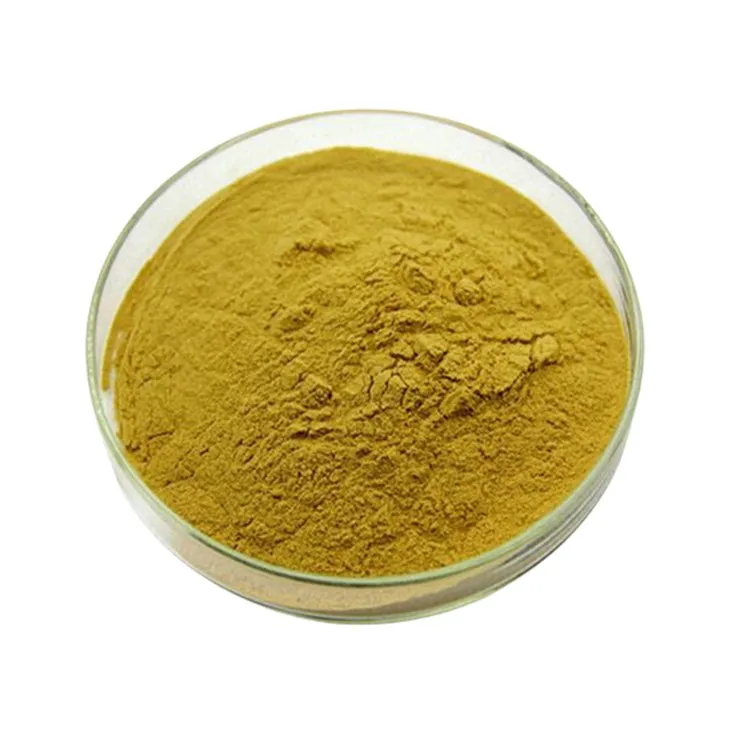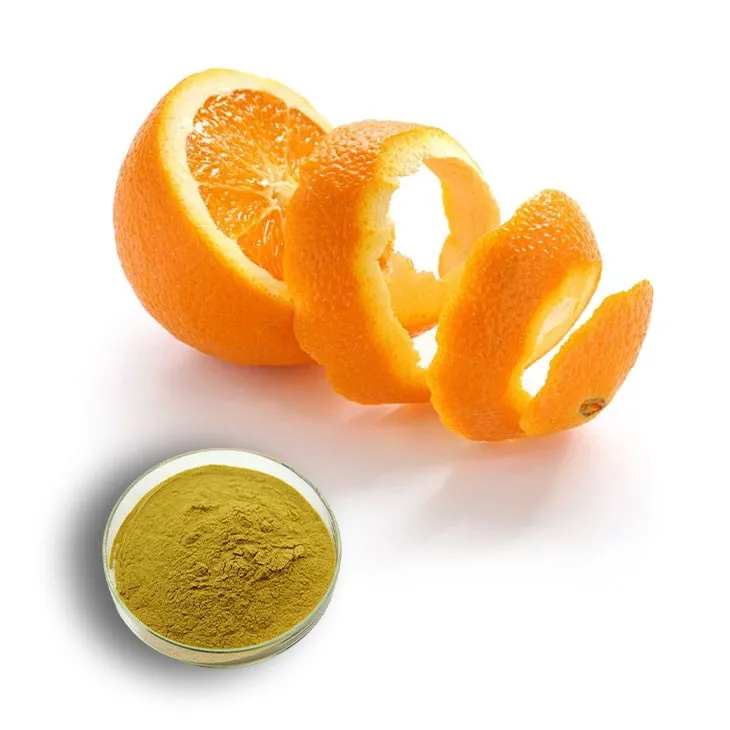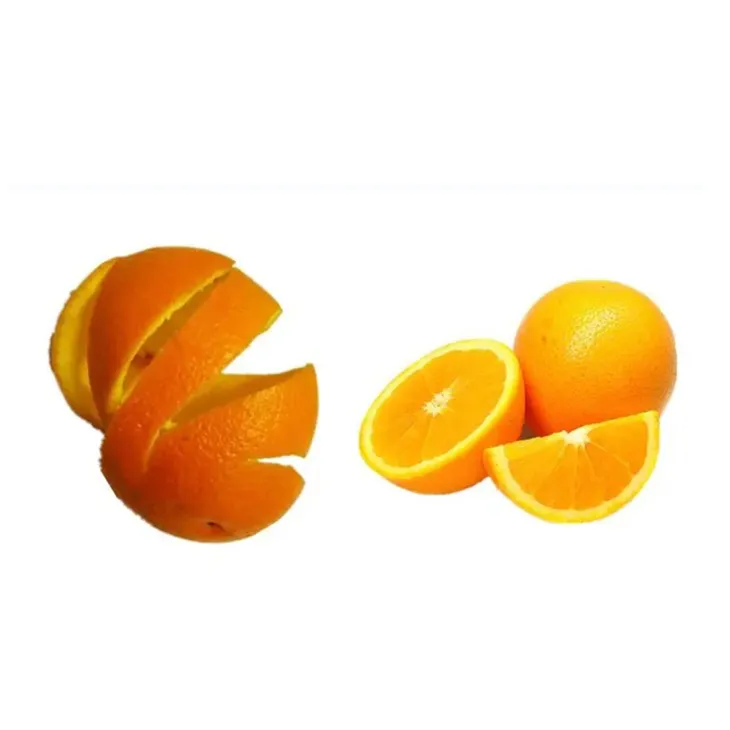- 0086-571-85302990
- sales@greenskybio.com
Who Should Not Take Hesperidin? A Guide to Safety, Contraindications, and Precautions
2025-06-20

Hesperidin is a naturally occurring bioflavonoid abundantly found in citrus fruits, especially in the peels of oranges, lemons, and grapefruits. It is widely used as a dietary supplement and in combination with other compounds like Diosmin for the management of various vascular health concerns—including chronic venous insufficiency, hemorrhoids, and lymphedema—because of its antioxidant, anti-inflammatory, and vascular-protective properties. While Hesperidin is generally well-tolerated and recognized as safe for most people, there are specific situations and population groups where its use should be approached with caution or even avoided altogether.
This article provides a detailed review of the scientific literature and safety data regarding Hesperidin, offering guidance for healthcare professionals and potential consumers on who should avoid its use or consult a physician before supplementation.
Understanding Hesperidin and Its Uses
Hesperidin is classified as a bioflavonoid or polyphenolic compound. Its benefits arise from multiple molecular actions: it reinforces blood vessel integrity, reduces capillary permeability, exhibits anti-inflammatory effects, and acts as a free-radical scavenger. Supplemented alone or as a component of micronized purified flavonoid fraction (MPFF), hesperidin is often recommended for people with vascular leg issues, easy bruising, or hemorrhoidal symptoms. However, not all individuals are appropriate candidates for supplementation.

Individuals Who Should Not Take Hesperidin
1. Those With Known Allergies to Citrus Fruits or Bioflavonoid Supplements
As hesperidin is extracted primarily from citrus fruit sources, individuals with confirmed citrus allergies should avoid hesperidin supplementation. Allergic reactions may present as skin irritation, hives, swelling, difficulty breathing, or even anaphylactic shock in rare circumstances. Anyone with a history of allergic reactions to flavonoid supplements should also avoid use.
2. Pregnant and Breastfeeding Women
Safety data on hesperidin supplementation during pregnancy and lactation is limited. While dietary intake of hesperidin from normal consumption of fruits is considered safe, high-dose supplementation has not been adequately studied. Animal studies have not shown overt teratogenicity, but data in humans are insufficient. Therefore, pregnant and breastfeeding women should avoid hesperidin supplements unless prescribed or supervised by a qualified healthcare provider, and general dietary sources should not pose any risk.
3. Individuals on Anticoagulant (Blood Thinner) or Antiplatelet Therapy
Hesperidin may have mild antiplatelet effects—it could theoretically enhance the action of blood thinners such as warfarin, aspirin, clopidogrel, or novel oral anticoagulants. While this effect is less significant than with prescription anticoagulants, there remains a potential for increased bleeding or bruising, especially when combined with other blood-thinning agents or herbal supplements like ginkgo or garlic. Individuals on such medications should consult their healthcare provider before using hesperidin.
4. Those With Bleeding Disorders
Anyone diagnosed with bleeding conditions such as hemophilia, von Willebrand disease, or thrombocytopenia may have an increased risk of bleeding complications if consuming agents with possible antiplatelet activity. Even though hesperidin’s effect is considered mild, individuals with these disorders are typically advised to avoid supplements that could interfere with normal clotting mechanisms.
5. Children and Adolescents
There is limited safety and efficacy evidence regarding hesperidin supplementation in pediatric populations. While eating citrus fruits in moderation is safe for most children, supplements designed for adults may not be appropriate or necessary for growing children and teenagers unless under medical supervision.
6. People Scheduled for Surgery or Dental Procedures
Because of its potential mild blood-thinning effects, it is prudent for individuals to discontinue hesperidin supplements at least two weeks prior to planned surgical or dental procedures. This precaution reduces the risk of excessive bleeding during or after such interventions.
7. Individuals With Severe Liver or Kidney Disease
There is minimal evidence to suggest hesperidin is harmful to those with liver or kidney impairment, but because these organs play a central role in metabolizing and excreting supplements, caution is warranted. Impaired function could conceivably increase the risk of side effects or alter the pharmacokinetics of hesperidin and its metabolites. In these populations, all supplements should be taken under medical supervision.

Potential Side Effects and Interactions
For the general population, hesperidin is well-tolerated, with side effects being uncommon and typically mild. Some individuals report stomach upset, diarrhea, headache, or skin flushing. Rarely, allergic reactions may occur. Hesperidin may interact with medications metabolized by the liver’s cytochrome P450 system; although significant interactions have not been thoroughly established in clinical studies, caution is sensible for those on multiple medications.

Best Practices for Consumption
Anyone considering hesperidin supplementation should:
- Consult with a healthcare provider, especially if they fall into any of the categories above.
- Disclose all current medications and supplements to their healthcare practitioner to evaluate potential interactions.
- Observe for any new or unusual symptoms after starting supplementation and report these promptly.

Conclusion
Hesperidin is a popular natural supplement with proven benefits for vascular health conditions when used correctly. However, certain individuals—including those with citrus allergies, on blood thinners, with bleeding disorders, pregnant or nursing women, children, surgical patients, and those with severe organ impairment—should avoid or carefully evaluate its use under professional guidance. For the vast majority of healthy adults, hesperidin supplementation appears safe, but as with any dietary supplement, individualized consideration and consultation with a qualified healthcare provider remains essential for optimal safety and effectiveness.
- ▶ Hesperidin
- ▶ Citrus Bioflavonoids
- ▶ Plant Extract
- ▶ lycopene
- ▶ Diosmin
- ▶ Grape seed extract
- ▶ Sea buckthorn Juice Powder
- ▶ Fruit Juice Powder
- ▶ Hops Extract
- ▶ Artichoke Extract
- ▶ Mushroom extract
- ▶ Astaxanthin
- ▶ Green Tea Extract
- ▶ Curcumin
- ▶ Horse Chestnut Extract
- ▶ Other Product
- ▶ Boswellia Serrata Extract
- ▶ Resveratrol
- ▶ Marigold Extract
- ▶ Grape Leaf Extract
- ▶ New Product
- ▶ Aminolevulinic acid
- ▶ Cranberry Extract
- ▶ Red Yeast Rice
- ▶ Red Wine Extract
-
White Willow Bark Extract
2025-06-20
-
White Peony Extract
2025-06-20
-
Sophora Japonica Flower Extract
2025-06-20
-
Lavender Extract
2025-06-20
-
Black Rice Extract
2025-06-20
-
Echinacea Extract
2025-06-20
-
Reishi mushroom extract
2025-06-20
-
Gynostemma pentaphyllum extract
2025-06-20
-
Lemon Balm Extract
2025-06-20
-
Tongkat Ali Extract Powder
2025-06-20





















